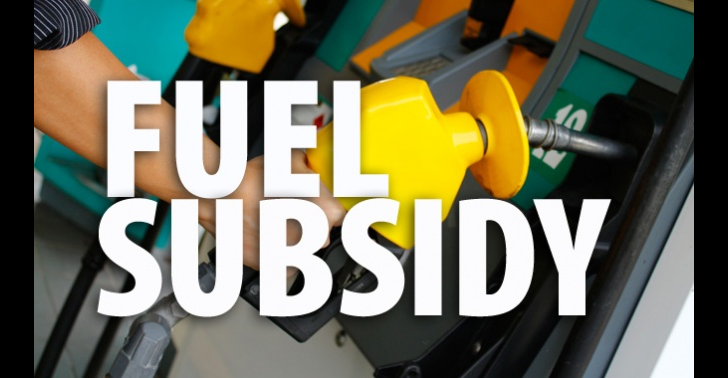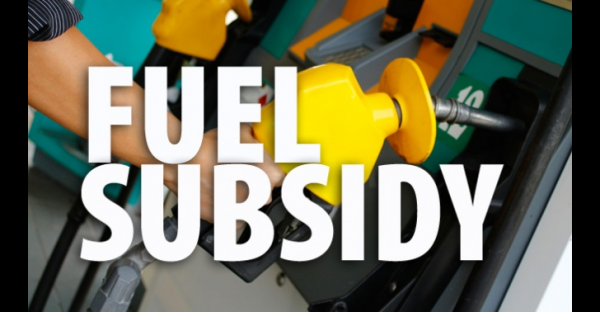Yesterday’s announcement by the Federal Government on the removal of the long-standing fuel subsidy has triggered a deluge of reactions from Nigerians. And they have come in diverse forms and hues- from people who have clapped excitedly at what they term a long overdue policy change, to those who fiercely argue against it. The representatives of the various positions have presented reasons for their stance, and the media is awash with opinions, analysis and speculations.
The announcement was made following a meeting chaired by Nigeria’s vice president, the leadership of the senate, House of Representatives, Governors Forum and Labour Unions such as the NLC, TLC, NUPENG and PENGASSAN. According to the Minister of State for Petroleum Resources, Dr Ibe Kachikwu, the maximum price for PMS (Premium Motor Spirit, or fuel as generally termed) is to be fixed at ₦145. In addition, all willing and capable Nigerian entities will be able to import the product if they meet the quality specifications and other requirements of the Regulatory Agencies. The Federal Government’s decision to end the payment of subsidy to petroleum product marketers appears to be partly informed by the difficulties encountered by marketers in meeting up with the required amount of PMS. This problem has arisen principally because they have struggled in recent times to procure FOREX (foreign exchange) needed for importation from legally approved sources. According to the statement read out by Dr Kachikwu, they will be permitted to import PMS using FOREX procured from secondary sources.
The possible effects of this policy on Nigeria’s economy are the subject of heated debate.
Those who support the removal of the fuel subsidy have pointed out among other things that the subsidy regime was blighted by corruption and waste. It has been alleged that a large fraction of the subsidy funds have been collected by marketers who end up selling the products to customers in neighbouring countries where the product is sold at much higher prices than has been obtainable in Nigeria. Eliminating the subsidy, they say, would discourage this practice by erasing the profit margin that encourages the thriving of such activity. It will also mean that more of the product will end up at fuel stations in Nigeria. Increased supply and competition may also come about as a result of the liberalisation of the sector, as sellers jostle for a greater share of the market. If this plays out in any way resembling what is described in economics textbooks, prices will be driven downwards. Supporters of this policy also insist that the removal of the subsidy on petroleum products will attract private sector investment to the downstream sector of Nigeria’s oil industry, possibly leading to the construction of new refineries. The government of the day talks about funds which could be freed up and used to provide the infrastructure which will enable businesses to thrive.
But opponents of the move by the government to remove the subsidy on petroleum products make the point that the short-term effects of this policy reversal may prove too difficult for households and businesses to bear. Prices of goods may shoot up further, as the string of cause and effect courses through the country’s economic landscape. Businesses may find it difficult to bear these changes along with electricity tariff hikes, low demand, and other challenges. Production costs may rise, jobs lost, and business establishments go belly-up. And there is also the threat of increasing unrest, as was witnessed following a previous attempt at removing the subsidy in 2012.
The impact which this policy has upon Nigeria’s economy is not merely to be speculated or spoken about, but witnessed and taken note of, for the lessons it might hold for us all.


